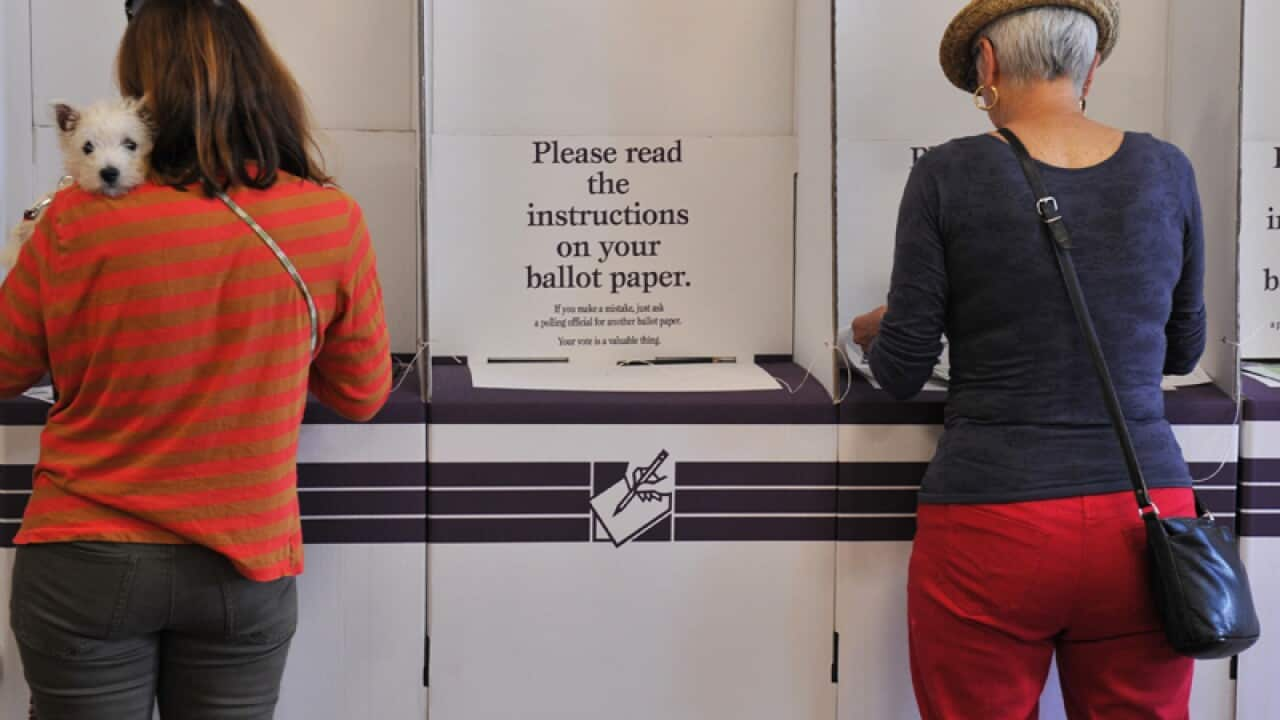A raft of government policies will come into effect on July 1, particularly in the areas of healthcare, welfare payments, regulations and fees.
Small businesses with an annual turnover of less than $2 million will get a tax cut from 28.5 per cent to 27.5 per cent along with an extension of the instant tax write off currently in place for equipment purchases for some small businesses.
Families where the youngest child is 13 or over will no longer be paid Family Tax Benefit B. The maximum rate is currently $4400 dollars a year and the age cut off previously 18 years. Families with single parents and grandparent carers will not be affected.
Government parental leave payments for children born or adopted on or after July 1 will be reduced if parents are receiving employer-provided maternity leave.
The government will pay the difference between primary carer pay and the parental leave pay, where the employer provided payment is less than that provided by the government.
New labels on food will make clear where goods have been produced, grown, made or packed. The new laws come with a two-year transition period, allowing stock labelled before cut-off to be sold with original labelling after this date.
The Fair Work Commission's annual minimum wage decision will see an extra $15.80 a week in the pockets of more than 1.8 million workers.
Other changes will include:
Super
Concessional contribution caps to superannuation will be lowered across the board. Where previously under 50s could contribute $30,000, and $35,000 for over 50s, it is now $25,000 across all age groups. These changes won't take place until 2017 if the Liberal government is re-elected, but if they do this will be the last year to make large voluntary contributions.
There are also changes to collectibles in Self-Managed Super Funds. Previously artwork, jewellery, vintage cars or collectables could be kept in the trustee's residence, as long as it was stored and not being used. To remove the temptation of people using super collectibles in their homes, new laws mean collectables will have to be stored outside the home.
Power prices
New South Wales and South Australia will be hit the hardest by power price increases, despite already pay the nation's highest prices. South Australians will experience the biggest spike, with company AGL increasing prices by 10 per cent. That's an extra $230 in electricity a year.
New South Wales will pay an extra $30 per year, with prices increasing across the board by 1.5 per cent. NSW gas bills will also see a moderate increase between $2 and $7. The Australian Capital Territory will also be hard hit by a 6 per cent increase, which will equal an extra $100 per year. However, this will be offset by a price decrease on gas, which will lower by $105 per year.
Transport
This year transport prices will increase slightly to keep in line with inflation. Across the country, fees will generally rise by 1.9 per cent. This will translate to a $4 increase in the cost of a 5 year licence in NSW, $5.60 in QLD, and $5 in SA.
Health
July 1 will see no change to the Medicare rebate freeze currently in place. Doctors will have to stop bulk billing, or increase co-payment by $15, costing $25 per visit.
For people with diabetes, National Diabetes Services Scheme products will now only be available through pharmacies. The subsidy for blood glucouse test strips will also be restricted to only those with diabetes.
The biggest change will be to the cost of private health insurance, which is set to increase by an average of $200 a year. Half a million Australians are already expected to dump their private cover due to the increased costs.
Education
International students studying in Australia will now be placed on the same class of student visa, regardless of whether they are studying at a primary, secondary or tertiary level. The process will streamline the visa application process and make it more predictable for students. The changes will also put more accountability on education providers to ensure students they are enrolling meet the visa requirements.
There will be some small changes to HECS-HELP debt repayment, with the minimum annual income threshold at which students must start paying off their debt will rise to $54,869 from $54,126.
Travel
The cost of a passport is set to increase by $20 for adults and $10 for children.
Share




